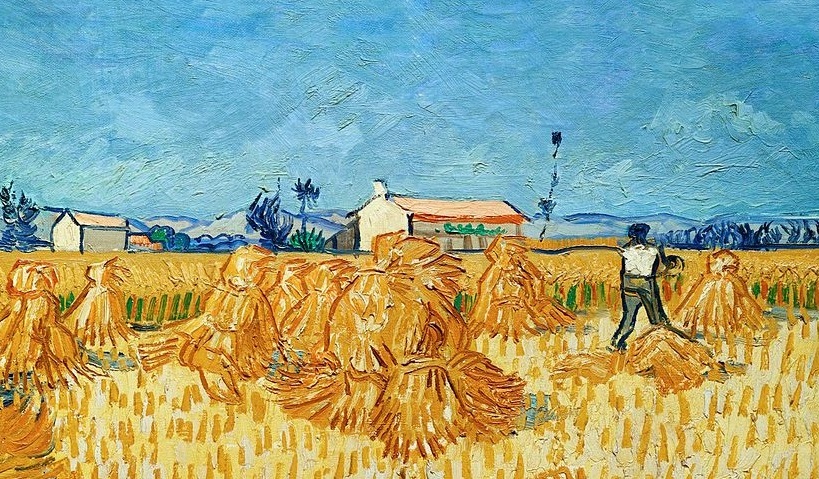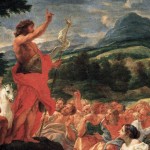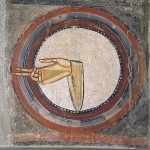“I love clichés and hackneyed expressions of every kind because they’re largely true,” says Violet in Stillman’s Damsels in Distress.
John F. Kennedy tilled the fields that Mario Cuomo planted with the seeds of American Catholic dissent, which were were later cultivated by inveterate liberal dissenters Charles Curran and Richard McBrien (among a legion of others) so says the commonplace you find across the ideological range between Linker and Neuhaus.
This line keeps getting repeated because it is largely true. But it does lack historical depth.
American Catholic dissent has a conservative-Republican genealogy as I pointed out in the case of Andrew Sullivan’s important role in mainstreaming gay marriage. It turns out that Kennedy and Cuomo school also has its conservative predecessor: William F. Buckley.
The piece, “The Last Time Conservatives Dismissed a Major Encyclical, It Ended Terribly for Them,” is guaranteed to shake you out of your commonplaces, or at least help you to develop more adequate ones:
Buckley’s feud with the Catholic left came to a boil when Pope John XXIII released the encyclical Mater et Magistra (Mother and Teacher) in 1961, which reaffirmed the church’s support for government welfare programs and coupled them with calls to fight poverty in the Third World and end colonialism. The anti-imperialism of Mater et Magistra was particularly repellent to National Review conservatives, who thought that European domination of Africa, the Middle East, and Asia was essential for fending off communism.
In an angry editorial, National Review described Mater et Magistra as a “venture in triviality.” The magazine also published a joking note saying “Going the rounds in Catholic conservative circles, ‘Mater Si, Magistra no.’” (The joke was first made by Garry Wills, who was playing off a slogan of the Cuban Revolution: “Cuba si, Yanqui no.”)
This conservative-ideology fueled anti-papist crusade did not end there:
Buckley turned to his learned friend Garry Wills to work out a more theoretically satisfying response to liberal Catholics. A former seminarian, Wills tried to resolve the argument by writing a pioneering scholarly treatise on the nature of encyclicals, titled Politics and Catholic Freedom (1964). In this book, Wills argued that encyclicals are merely advisory, and not binding on specific policies . . . [click below to continue reading–the best/worst is yet to come]













